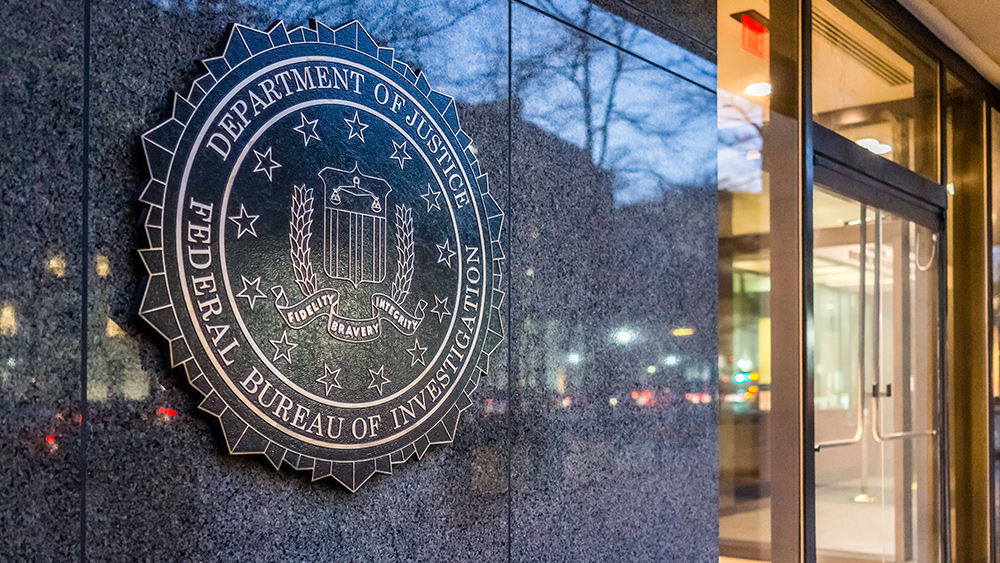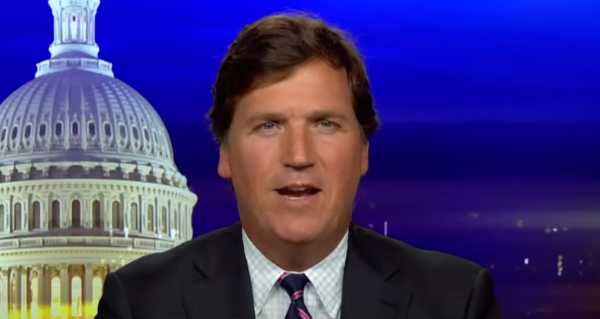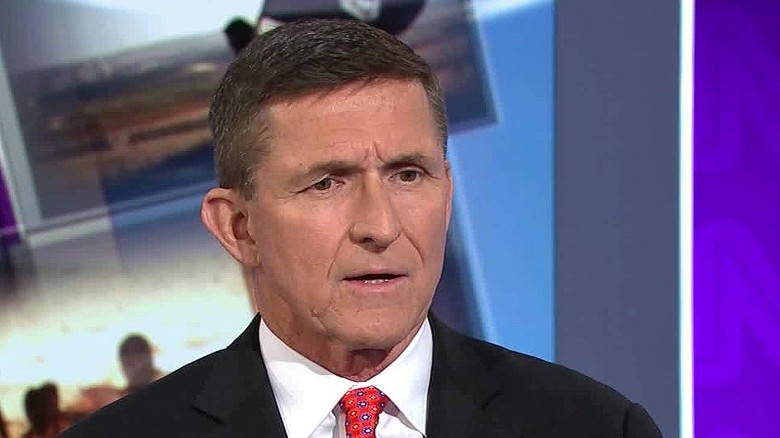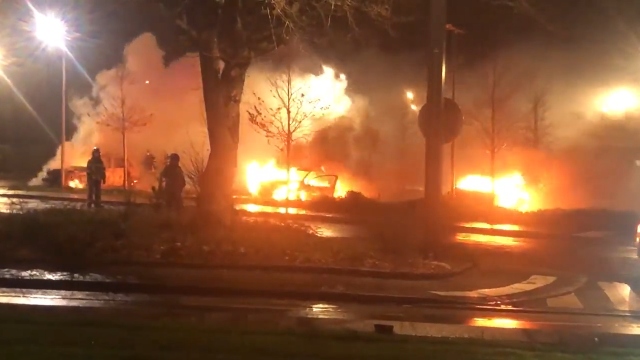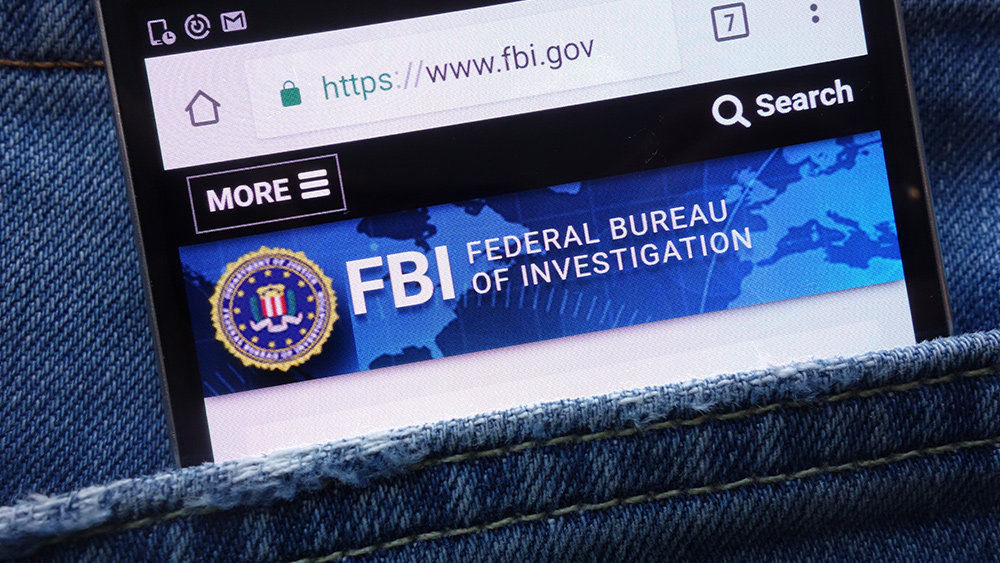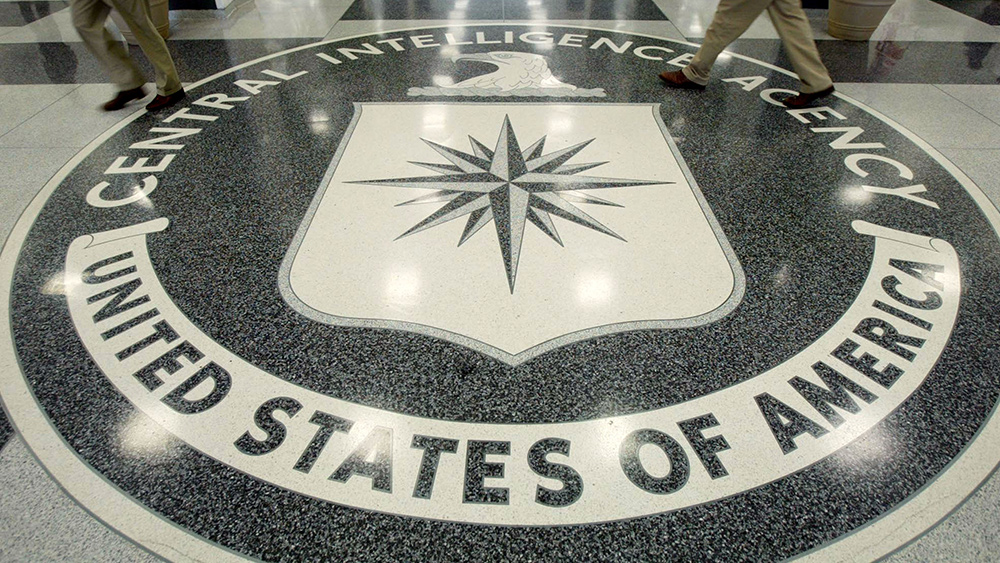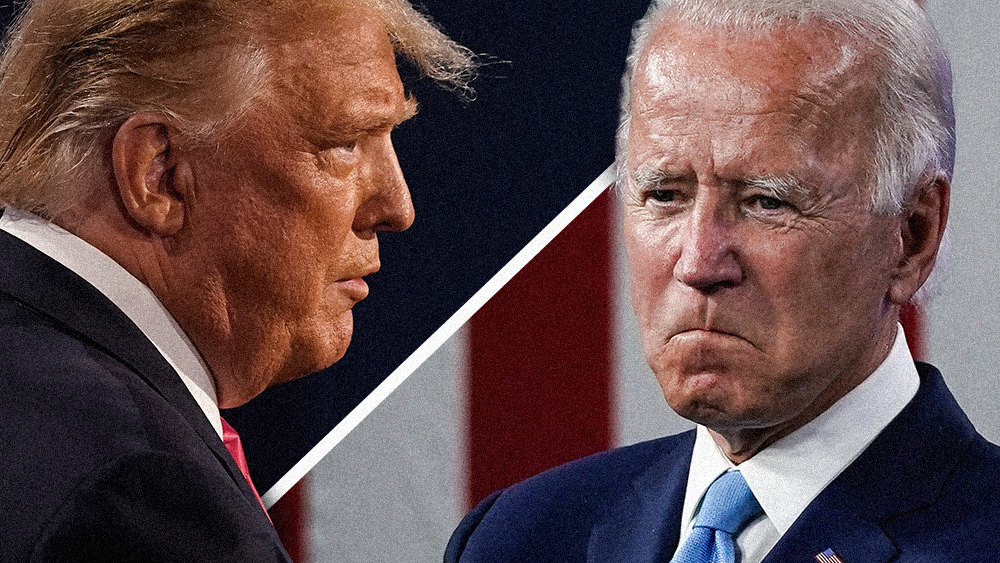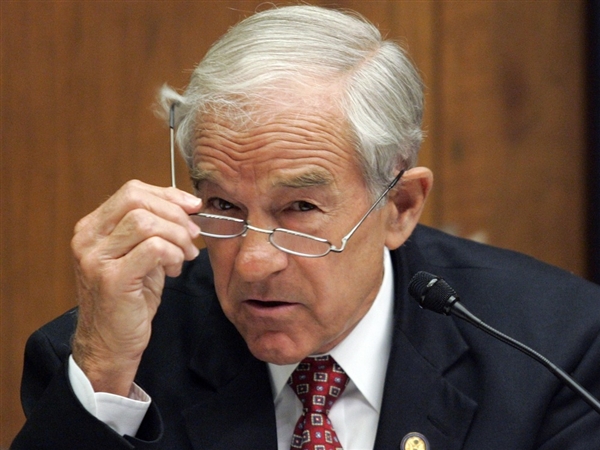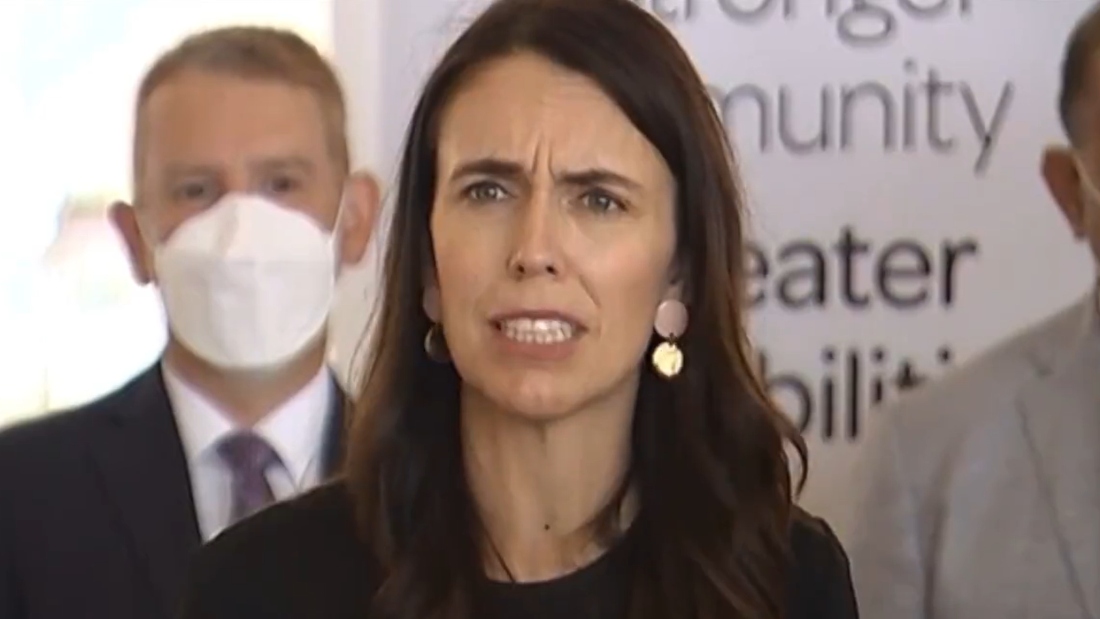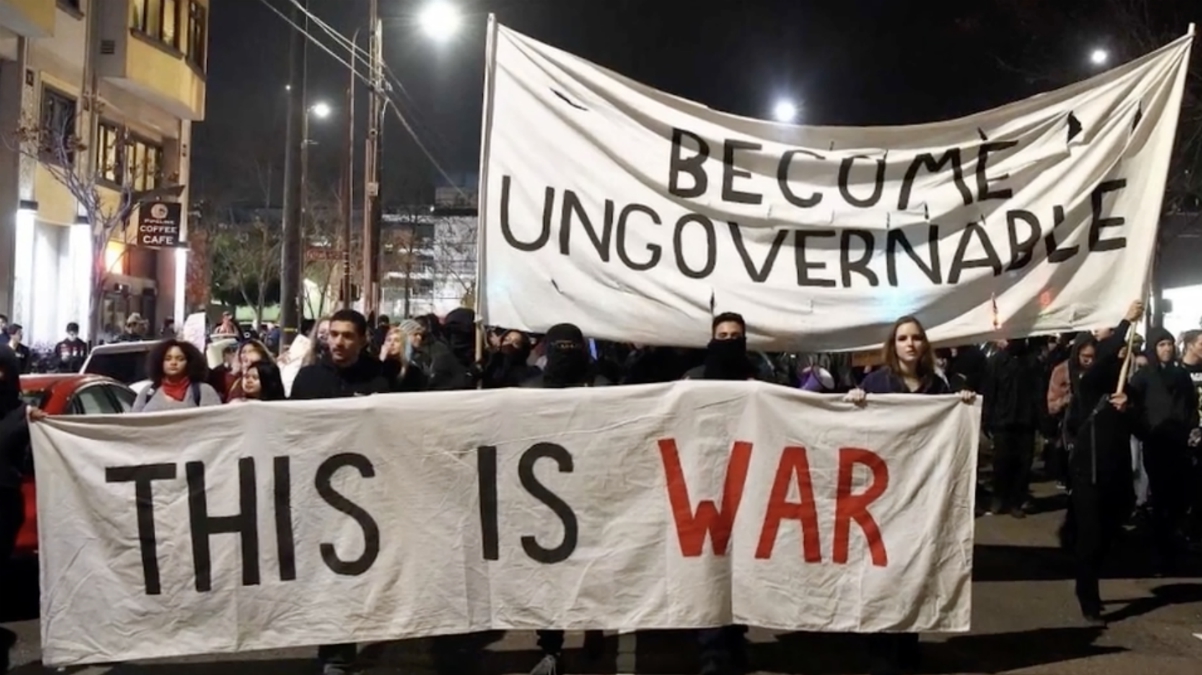17 Dead, 68 injured in latest round of anti-government protests in Peru
01/13/2023 / By Ramon Tomey
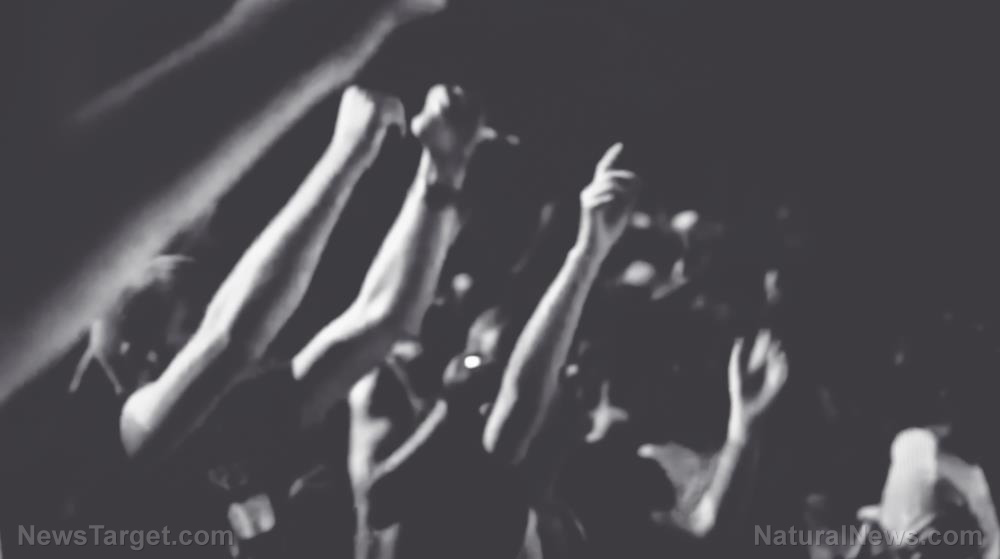
The latest round of anti-government protests in Peru has left 17 people dead and 68 others injured.
The clashes occurred on Jan. 9 in the city of Juliaca, located near the banks of Lake Titicaca in the southern Puno region of Peru. Speaking to the state-run channel TV Peru, Puno health ministry official Henry Rebaza confirmed that there were 17 casualties – including two teenagers – on the side of protesters. He also confirmed that 68 protesters were injured during the clashes.
Meanwhile, Peruvian Defense Minister Jorge Luis Chavez said 75 police officers sustained injuries.
“Social media images showed gunshot wounds and clouds of smoke as protesters threw stones using slings and used metal plates as shields,” the Guardian reported. “Other footage appeared to show a man being given CPR and images of injured protesters arriving at the hospital. A boy died in an ambulance that had been blocked from reaching the hospital by protesters.”
Ismael Cornejo, Puno’s regional health director, meanwhile, told local radio station RPP that some of the victims had bullet wounds. The 17 deaths brought to 39 the total number of casualties from the anti-government protests that started in December 2022.
The removal and arrest of former Peruvian President Pedro Castillo on the ground of “permanent moral disability” sparked the protests. The socialist Castillo attempted to dissolve the country’s Congress and rule by decree on Dec. 7 to prevent his impeachment over multiple corruption allegations, but failed in this endeavor. He was subsequently impeached and replaced by Vice President Dina Boluarte.
Castillo, who is serving 18 months in pre-trial detention on charges of rebellion and conspiracy, denied the accusations leveled against him. He also insisted that he is still the legitimate president of Peru.
Boluarte will remain in the position until July 2026, when Castillo’s term was originally set to expire. But supporters of her predecessor have not taken too kindly to her presidency.
Pro-Castillo protesters organized demonstrations beginning in December 2022, demanding early elections and release from prison. They also called for Boluarte to step down from her post, arguing that she was not elected by the people. Many of the anti-Boluarte protests, including the one on Jan. 9, have turned violent. (Related: Protests rock Argentina as socialist government cuts subsidies.)
Lima defends use of force against protesters
Peruvian Prime Minister Alberto Otarola defended the response of law enforcement officers against the protesters in Juliaca during a televised address on Jan. 9.
“We will not cease in our defense of the rule of law,” he said, claiming that violent groups financed by “foreign interests and the dark money of drug trafficking were trying to destroy the country.” According to Otarola, police officers themselves were attacked with homemade weapons while trying to defend the “peace and tranquility of 33 million Peruvians.”
While the prime minister expressed regret over the 17 deaths during that day’s protest, he ultimately pointed his finger at Castillo’s attempted self-coup or “autogolpe” for stirring the unrest.
Earlier that day, Boluarte said she could not grant some of the protesters’ key demands during a “national agreement” meeting. She also accused the demonstrators of not understanding what they were asking for in the first place.
“What you are asking for is a pretext to continue generating chaos,” Boluarte told the protesters.
The Peruvian Ombudsman’s Office, meanwhile, tweeted: “We ask the forces of law and order to make legal, necessary and proportional use of force. We [also] urge the state prosecutor’s office to carry out a prompt investigation to clarify the facts.”
In spite of this, calls for Boluarte to step down as president continue.
“Massacre after massacre does not solve absolutely anything. It is urgent to bring forward the elections as soon as possible, and the resignation of Boluarte,” tweeted Javier Torres, editor of the Peruvian regional Noticias Ser.
Rioting.news has more stories about anti-government protests.
Watch this video about the now-impeached Peruvian President Pedro Castillo.
This video is from the Iron Age News channel on Brighteon.com.
More related stories:
Uprising in Panama accelerates as collapsing economy worsens.
Peru in turmoil as inflation protests erupt; president calls in military, imposes curfew.
Massive uprising erupts in Panama over inflation and deteriorating economic conditions.
Peru’s leftist government calls in military, imposes curfew to crack down on inflation protests.
Riots and unrest spreading beyond Sri Lanka and Panama due to inflation and economic breakdown.
Sources include:
Submit a correction >>
Tagged Under:
Alberto Otarola, autogolpe, big government, civil unrest, corruption, Dina Boluarte, impeachment, Juliaca, Pedro Castillo, Peru, police state, Police Violence, protest, resist, revolt, rioting, self-coup, uprising, violence
This article may contain statements that reflect the opinion of the author
RECENT NEWS & ARTICLES
COPYRIGHT © 2017 POLICE STATE NEWS

